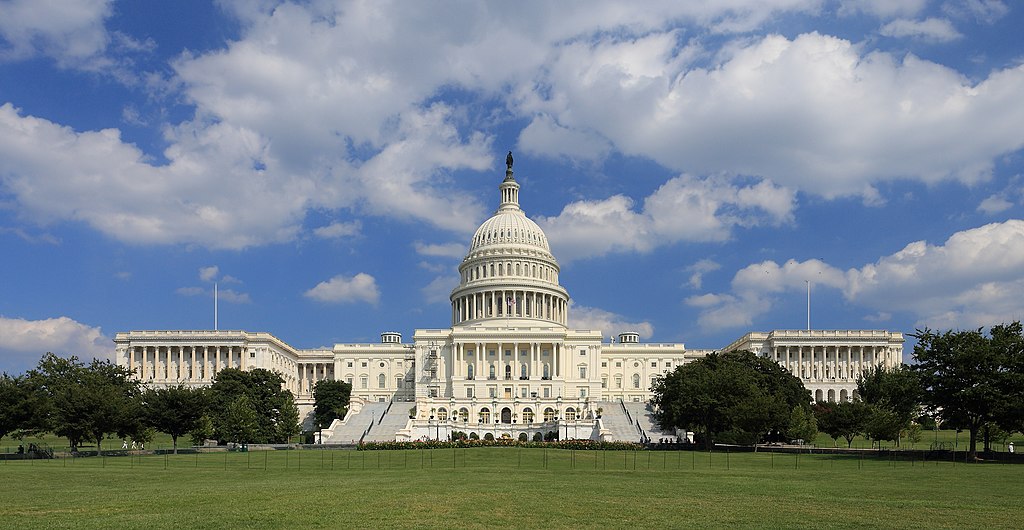The United States Congress is the central venue where disputes over digital politics become public spectacles. Lawmakers summon tech executives for high-profile hearings, scrutinize platform policies, and craft legislation addressing privacy, misinformation, and national security. Congressional action—or inaction—signals to regulators, states, and foreign governments how the U.S. intends to govern the digital public square.
Legislative Arena
Committee hearings examine issues such as content moderation, algorithmic transparency, and children’s online safety. Members introduce bills ranging from comprehensive privacy frameworks to targeted platform bans, reflecting bipartisan concern about tech power even as policy solutions diverge.
Oversight and Investigations
Congress wields subpoena power to demand documents and testimony from companies like Meta, Google, and X. Investigations into election interference, data breaches, and extremist recruitment online shape public understanding of platform accountability and influence corporate behavior.
Digital Engagement
Legislators themselves rely on social media to communicate with constituents, fundraise, and craft narratives about tech policy. Congressional staff monitor online movements, viral content, and activist campaigns that can accelerate legislative momentum, underscoring the institution’s embeddedness within digital political ecosystems.
Related Entities
Filter Timeline
Network Graph
Network visualization showing United States Congress's connections to movements, organizations, and other locations.
